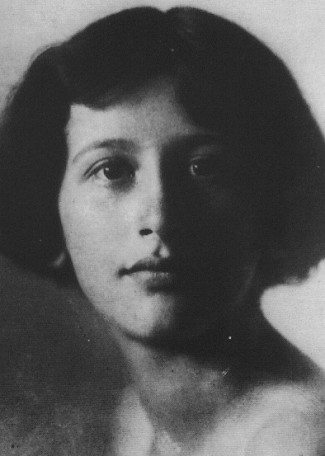

Similarly, we're obliged not to deny others "food" or "needs" like equality and liberty, or the ability to choose. There is, she argued, an eternal obligation to not deny another human food. In The Need For Roots, instead of using the language of rights, Weil talks of needs. Advocating syndicalism as a refuge from authoritarianism and populism, Weil argues that collectives must not become ideological parties – something she came to despise after Spain, despite her evidently political writing. By 1938 she had converted to Catholicism, and moved to England in 1942 to work for the French Resistance, where she died a year later, aged 34.ĭespite her renunciation of Communism, her socialism is evident in The Need for Roots, her most political work. During the Spanish civil war, she volunteered with the Republicans, but the horrors she witnessed led her to see anarchists as the victims of Spain, and turned her attention to anarcho-syndicalism in France. Born in France in 1909 to a middle-class Jewish family, Weil early on identified as Marxist.


In her biography, Weil is an unintentionally comic figure: dressing as a monk, putting anarchist comrades at risk with her clumsiness, renouncing Sanskrit studies to work in a car factory – she can look like a picture-book of laughable acts of 20th-century intellectuals. The real Simone Weil remains elusive behind her guises: anarcho-syndicalist, Marxist, Catholic, contrary martyr. S usan Sontag called her "one of the most uncompromising and troubling witnesses to the modern travail of the spirit", TS Eliot a "genius akin to that of the saints." One hundred years after her birth, Simone Weil remains a conundrum: her work for the French resistance and writings on the needs of mankind sit alongside hints of antisemitism and authoritarianism in her works.


 0 kommentar(er)
0 kommentar(er)
